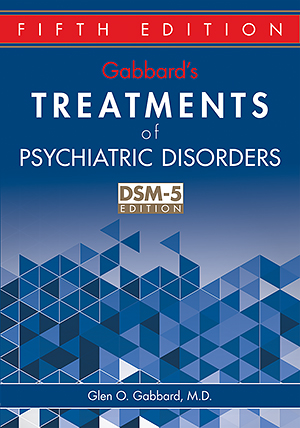Sections
Excerpt
In any given week, most individuals experience one or more somatic symptoms, and many of those who are symptomatic seek medical care. Moreover, up to 50% of primary care patients present with symptoms that cannot be explained by a general medical condition, and roughly 10% of all medical services are provided to individuals for whom evidence of organic pathology is not apparent (Greenberg et al. 2008). Individuals who somatize (i.e., experience and attribute medically unexplained physical symptoms to an organic cause and seek medical help for it) are underrecognized by physicians. Their care often involves unwarranted costs that strain limited medical resources, and they are at risk for iatrogenic harm when unnecessary diagnostic procedures, misdirected drug trials, and unnecessary surgeries are performed. When symptoms are so severe that significant distress and impairment in occupational and social functioning develop, the individual should be assessed for a somatic symptom disorder. In this chapter, we review the workup and treatment of three types of somatic symptom disorders: somatic symptom disorder, conversion disorder, and factitious disorder.
Access content
To read the fulltext, please use one of the options below to sign in or purchase access.- Personal login
- Institutional Login
- Sign in via OpenAthens
- Register for access
-
Please login/register if you wish to pair your device and check access availability.
Not a subscriber?
PsychiatryOnline subscription options offer access to the DSM-5 library, books, journals, CME, and patient resources. This all-in-one virtual library provides psychiatrists and mental health professionals with key resources for diagnosis, treatment, research, and professional development.
Need more help? PsychiatryOnline Customer Service may be reached by emailing [email protected] or by calling 800-368-5777 (in the U.S.) or 703-907-7322 (outside the U.S.).



